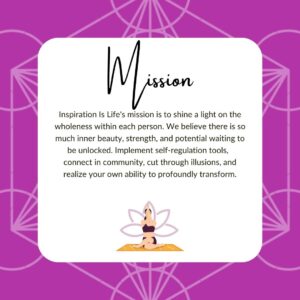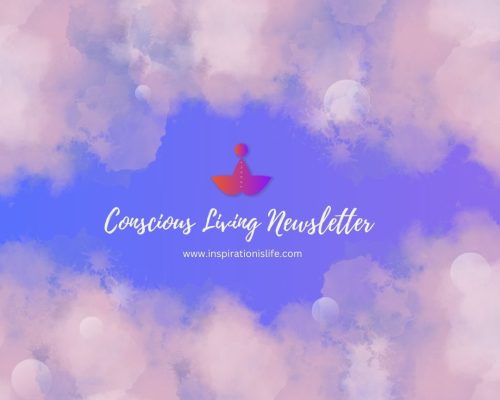Finding Your True North: The Benefits of Working with a Life Purpose Coach
In today’s busy world, it’s easy to lose sight of what really matters most in life. We get caught up in the day-to-day grind of work, family obligations, and the many distractions technology provides. Before you know it, you’ve drifted far away from your core values, passions, and vision for your life.
That’s where a life purpose coach can help guide you back on course. A life purpose coach partners with you to gain clarity on your true calling in life and create an actionable plan for living a more purpose-driven existence. Here are some of the main benefits of working with a life purpose coach:
Gain Clarity on Your Values and Passions
A life purpose coach will help you dig deep to d efine what matters most to you and what ignites your soul. Through exercises and conversation, you’ll gain insight into your core values, passions, natural talents, and vision for your life. This clarity is essential for making decisions aligned with your true self.
efine what matters most to you and what ignites your soul. Through exercises and conversation, you’ll gain insight into your core values, passions, natural talents, and vision for your life. This clarity is essential for making decisions aligned with your true self.
Align Your Life with Your Purpose
Once you’ve defined your life purpose, a coach supports you in aligning your daily life and goals around it. This may involve rethinking your job, relationships, health practices, use of time, and priorities. A coach keeps you accountable and on track for making changes needed to live your purpose.
Discover Your Unique Gifts
We all have natural talents and gifts that light us up. But sometimes our gifts get buried beneath expectations from others or limiting beliefs about ourselves. A life purpose coach helps unearth your unique talents and encourages you to utilize them. This leads to greater fulfillment and joy.
Gain New Perspective
When you’re deeply immersed in your life, it’s hard to see the big picture. A coach provides an objective third-party perspective that challenges assumptions, expands possibilities, and broadens your horizons. Coaching opens your eyes to opportunities you never realized were there.
Manifest Your Goals
Life purpose coaching utilizes techniques like visualization, intention-setting, and strategic planning to help you manifest your goals. Your coach keeps you focused on taking consistent action toward your dreams. With support and accountability, you’re more likely to achieve desired results.
By getting clarity on your life’s purpose and taking steps to align your life around it, you’ll tap into greater passion, joy, and drive. A life purpose coach provides the structure, guidance, and encouragement needed to live your most inspired life.

Are you ready to find your true north? Check out Alicia’s 1:1 mentorship program to take responsibility for radical shifts in your inner & outer world today. https://inspirationislife.com/life-coaching/
A life purpose coach will help you dig deep to define what matters most to you and what ignites your soul. Through exercises and conversation, you’ll gain insight into your core values, passions, natural talents, and vision for your life. This clarity is essential for making decisions aligned with your true self.
A life purpose coach will help you dig deep to define what matters most to you and what ignites your soul. Through exercises and conversation, you’ll gain insight into your core values, passions, natural talents, and vision for your life. This clarity is essential for making decisions aligned with your true self.

It is important to note the difference between a life purpose coach and therapist if you are feeling the desire to explore alternative paths to moving forward.
Here is a brief overview of some of the key differences between working with a life purpose coach versus therapy:
- Focus: Life coaching focuses on setting future goals and taking action to achieve them. Therapy focuses on understanding the past and healing issues.
- Structure: Coaching typically follows a structured process with set coaching calls/sessions. Therapy is often more open-ended with flexible session timing.
- Tools: Coaches provide tools, exercises, accountability to make progress. Therapists utilize clinical techniques like CBT, psychoanalysis, etc.
- Relationship: The coach-client relationship is a partnership. The therapist-client relationship is more clinical.
- Forward-thinking: Coaches help clients look ahead and envision their ideal future. Therapists help resolve past traumas and patterns.
- Goal-setting: Coaching centers around creating and working towards specific life goals. Therapy aims to reduce symptoms and process emotions.
- Action-oriented: Coaching encourages taking action steps between sessions. Therapy involves discussion and processing feelings.
- Training: Coaches come from various backgrounds and are trained in coaching techniques. Therapists have clinical training and licenses.
The main distinction is that life coaching is more action-focused on the future, while therapy analyzes the past and works through emotional issues.



